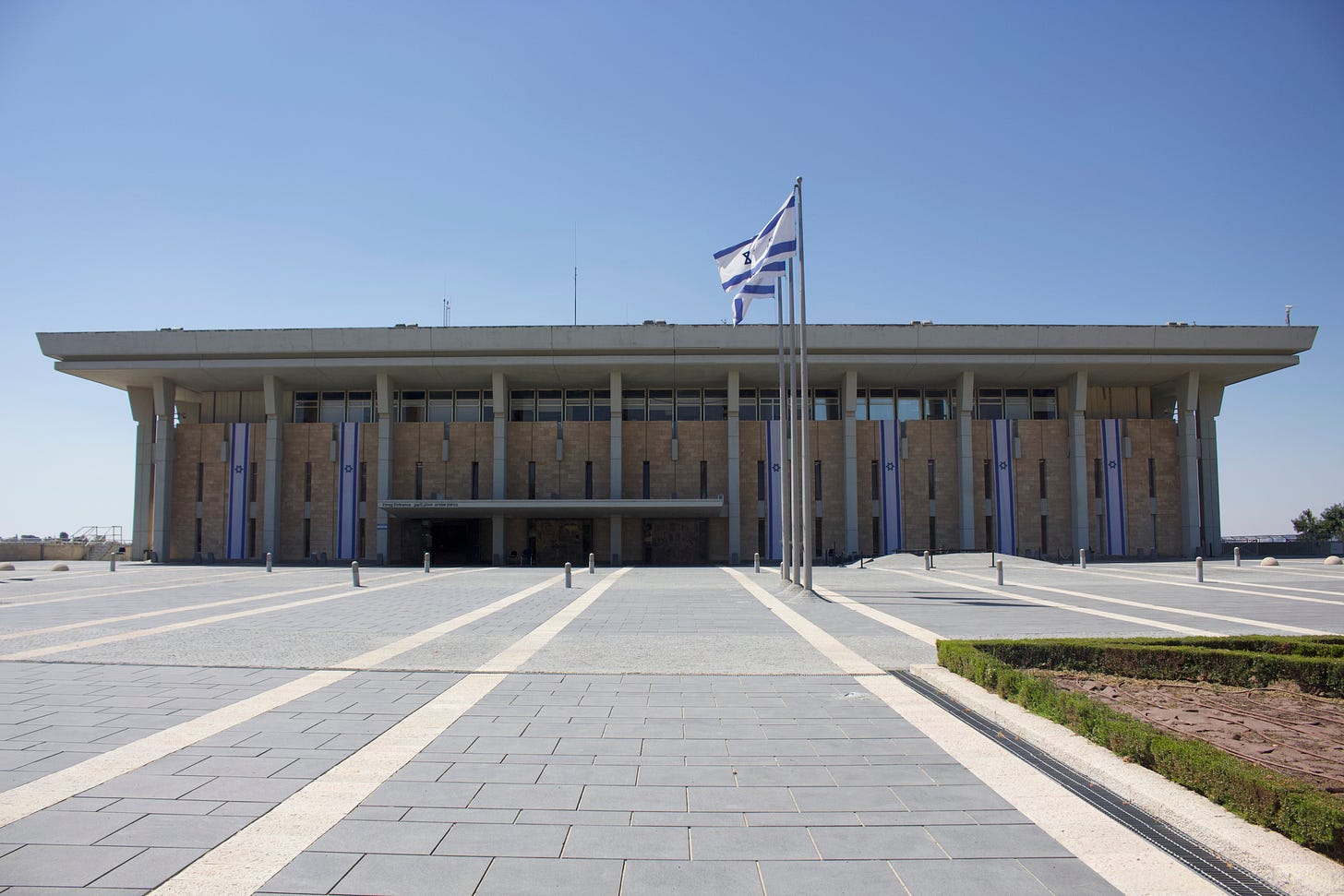Knesset Approves Motion Supporting Annexation of Occupied West Bank
'Symbolic vote' signals open embrace of apartheid policy and risks mass displacement of Palestinians
Update:
While Israeli officials described the Knesset’s annexation vote as “symbolic,” the aftermath has made one thing brutally clear: it was anything but. Less than 24 hours after the motion passed, key ministers began openly tying France’s decision to recognize a Palestinian state to the supposed need for Israeli annexa…
Keep reading with a 7-day free trial
Subscribe to The Crustian Daily to keep reading this post and get 7 days of free access to the full post archives.



